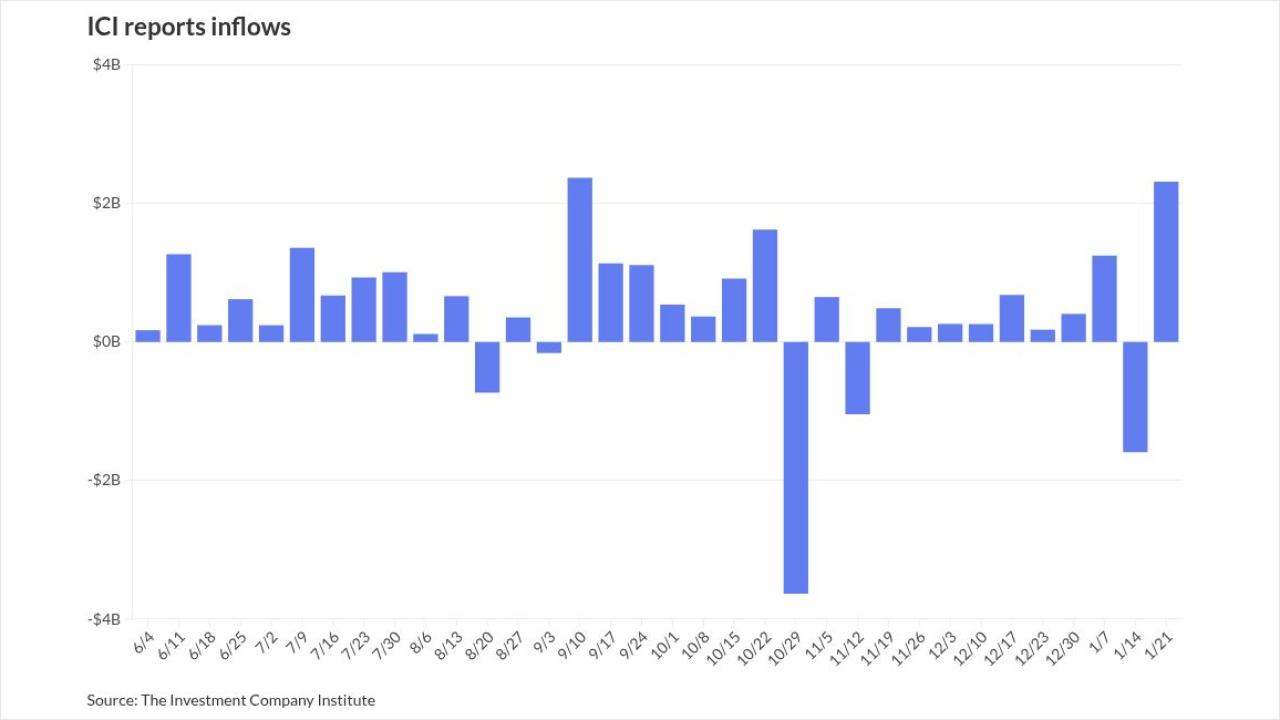
North Carolina's $127 billion in pension plans' investment decisions will be made by a board rather than the state treasurer.
North Carolina Treasurer Brad Briner, who took office in January, said last year he would pursue this goal. Gov. Josh Stein signed a bill into law Friday.
Briner will chair the Investment Authority Board of Directors, with the other four members appointed by the treasurer, governor and legislative leaders.
"North Carolinians deserve to know that their pension fund is working as hard for them as they worked for their state," said Briner. "The reforms signed into law today will put us on a path to maximizing returns and I am honored this was not only a top priority of mine — but that leaders on both sides of the aisle share our vision of strengthening the pension fund."
Stein said he was confident Briner is investing the pensions wisely, but said, "This process will be stronger when more voices are involved."
John Mousseau, vice-chairman and chief investment officer of Cumberland Advisors, said having a committee manage the investments was better than having one person do it and that he hoped there would be good investment people on the board's panel.
"There are so many more crosscurrents among tariffs, tax issues, immigration and labor, etc., that having more voices is probably better," Mousseau said. "Maybe they can adjust the allocations that will improve returns over time."
After this change only New York and Connecticut's decisions are made by one person.
In 2014, a government-funded study recommended the state shift from a sole-trustee governance model to a fiduciary board model.
Briner said in December his focus during the coming term would be on
On his campaign web site last year Briner advocated moving away from the pension plan's strong reliance on investing in U.S. Treasury and other investment-grade bonds toward assets like real estate and energy sector stocks.
He also advocated for co-investment in private equity transactions, putting larger portions of investments with fewer, high-performing investment managers, and investing in speculative grade bonds.
Briner recently





